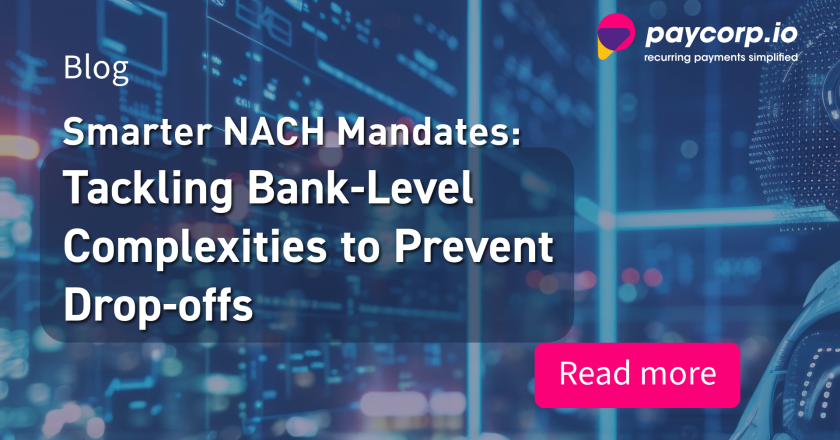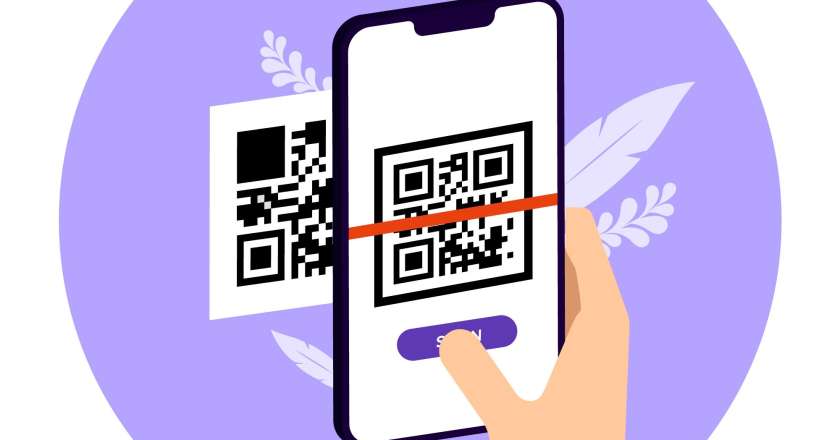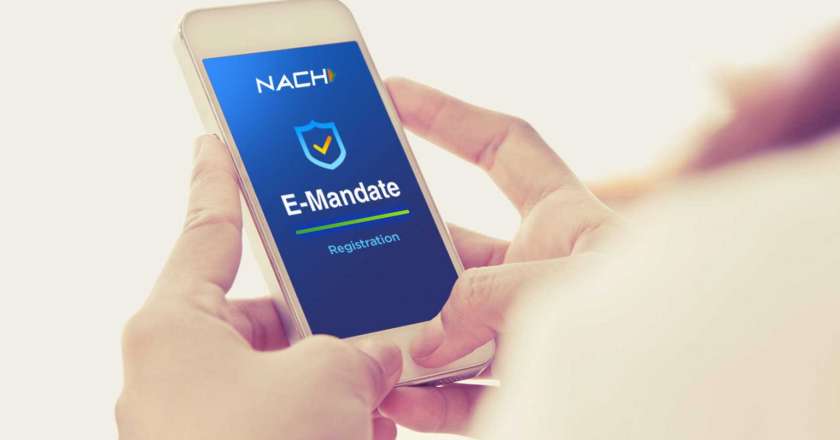In today’s digital-first economy, recurring payment collections have become the backbone for many industries — from banking to NBFCs, from insurance to subscription businesses. Yet, despite growing volumes, many organizations still struggle with the operational complexities behind Direct Debit collections. The Collection Challenge That Many Face While setting up mandates and auto-debits may sound simple in theory, the reality is…






